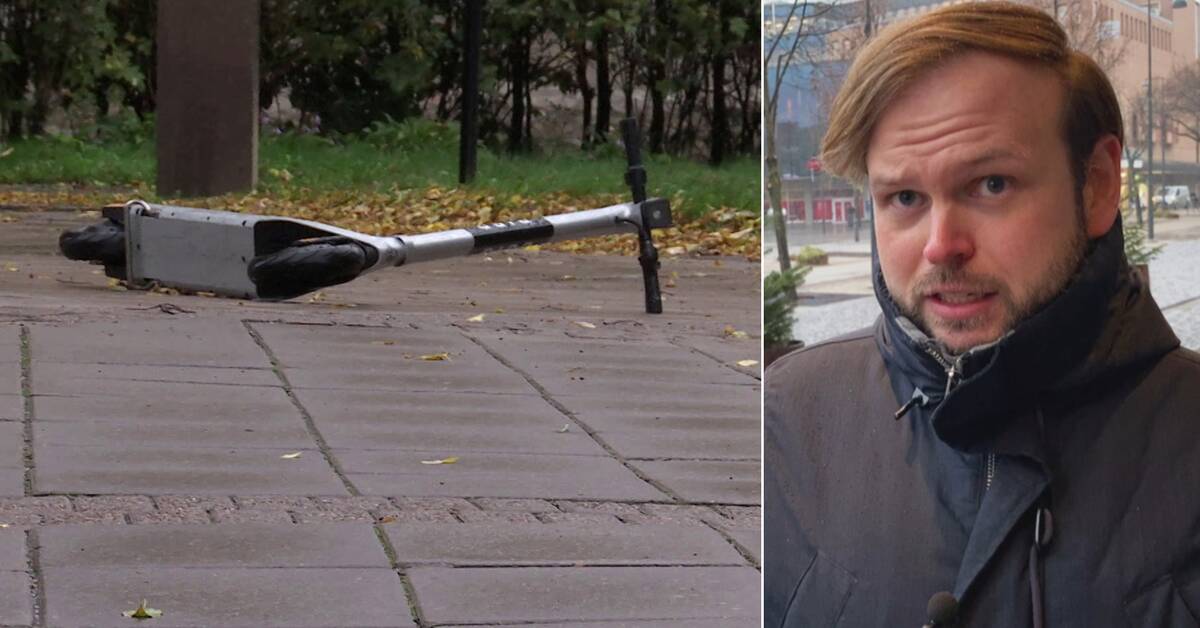Electric scooters that are thrown on streets and squares have become a problem in several Swedish cities and during the autumn of last year, it was also time for Gävle to get electric scooters.
The municipalities have previously had limited opportunities to regulate and control the activities, but now a new inquiry has changed that.
- Now it will be possible to get order and find out about the electric scooters.
That there will be very clear rules will also simplify for those who rent out, says Daniel Olsson (S), chairman of the community building committee.
Permit requirements provide dialogue
It is, among others, the police, the Swedish Transport Agency and Sweden's municipalities and regions (SKR) that in an investigation have come to the conclusion that municipalities can set permit requirements for the activities.
The final decision on the required changes in the by - laws in Gävle municipality will be made by the municipal council on March 28 - and can then take effect from the first of August.
- We were unprepared when they established themselves here.
Now the companies will need this permit and this means that we will be able to have a dialogue with the companies, says Daniel Olsson (S).
Companies can participate and pay
The new policy to be developed for rental companies will require a permit from the police, introduce a maximum ceiling for the number of electric scooters in the municipality, parking on foot and cycle paths will be prohibited and an annual fee of SEK 1,200 per vehicle will be introduced.
But do you think companies will be equally interested when it comes to requiring permits and costing money?
- From the municipality's side, we need to do a lot of work and then it is not surprising that the electric scooter companies are involved and contribute to that work through a fee, says Daniel Olsson (S), chairman of the public works committee.

